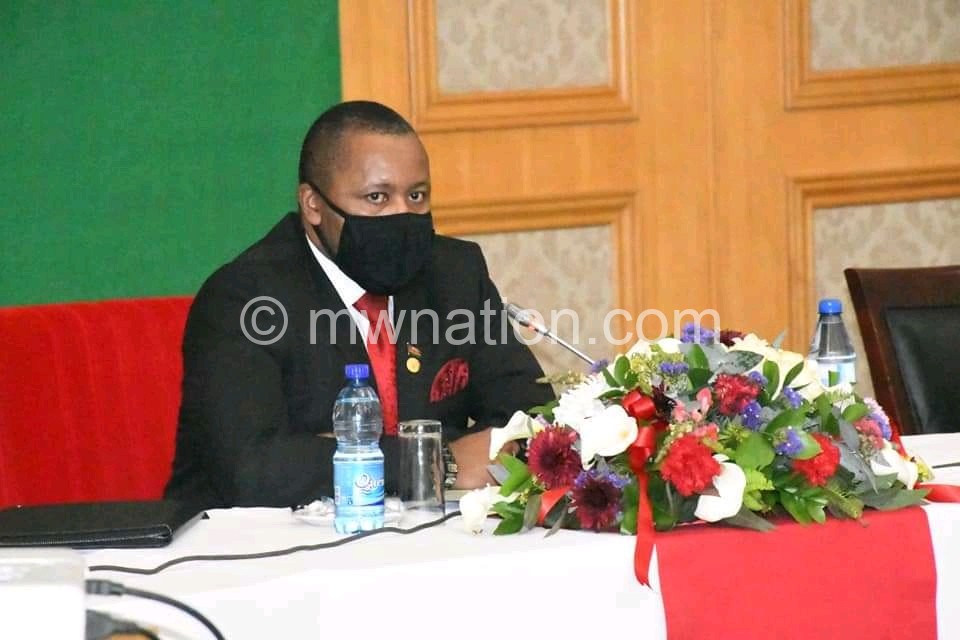Trade regulator Rues outdated laws
The Competition and Fair Trading Commission (CFTC) has decried continued use of archaic laws, which it says are frustrating its goal to shield consumers from unfair trade practices.
The trade regulator has also lamented inadequate capacity to regulate and monitor markets because of limited money and human resource.
Out of 49 established positions, CFTC has 22 employees, with no physical presence in the Southern and Northern regions.
CFTC executive director James Kaphale expressed the position on Thursday when his team before a Parliamentary Cluster on Industry, Trade and Tourism and Media, Information and Communication in Lilongwe.

He said such archaic legal documents guiding their operations have been overtaken by emerging issues in recent times, stressing that fines in the old law are lenient, thereby exacerbating unfair consumer practices.
Said Kaphale: “These documents have outlived their lives. Imagine slapping a chief executive officer of a financial institution with a fine of K500 000.
“He can actually produce that money from his own
pocket. The point is that the fines are small and this is because the Acts are outdated.”
He said the commission is currently reviewing such old laws, adding that they have so far made their submissions to the Ministry of Justice which he said is pushing the amended laws to be tabled in the next sitting of Parliament.
The competition and consumer protection laws in Malawi are governed by the Competition and Fair Trading Act of 1998, the Consumer Protection Act of 2003 and the Competition Policy of 1997.
Commenting on other challenges affecting the commission, Kaphale cited uncertainty of merger filling fees, which he said makes such fees unreliable as a key source of revenue.
Apart from government subvention, CFTC also gets revenue in fees from mergers filed locally usually involving local companies and also mergers filed through the Comesa Competition Commission involving companies operating in two or more Common Market for Eastern and Southern Africa (Comesa) members States.
CFTC is also currently operating from rented premises in Lilongwe , which is costing the body K94 million annually and it is projected that in 10 years, it would have spent K1.2 billion in rentals.
On his part, CFTC director of competition Rex Nyahoda said as part of its growth strategy, the commission is currently exploring modalities of imposing a levy from time to time, which he said is provided in Section 27 of Competition and Fair Trading Act but has not been executed since the institution came into being in 2005.
Co-chairperson of the Parliamentary Cluster on Industry, Trade and Tourism and Media, Information and Communication Aboo Naliwa, who is also legislator for Zomba Nsondole, thanked CFTC for ably clarifying matters before the committee and challenged it to explore more innovative ways of generating own money.
Speaking when he met CFTC management last Monday, Vice-President Saulos Chilima pledged to help to fast-track the amendment of the Competition and Fair Trading Act to improve enforcement.
Writing on his Facebook page, he said he will ensure that the legal reforms are fast-tracked to achieve effective, consistent and harmonised law enforcement.
Chilima commended CFTC for the reforms, saying what now remains is to go full-throttle with the implementation and clear roadmaps, timelines and project leads.





